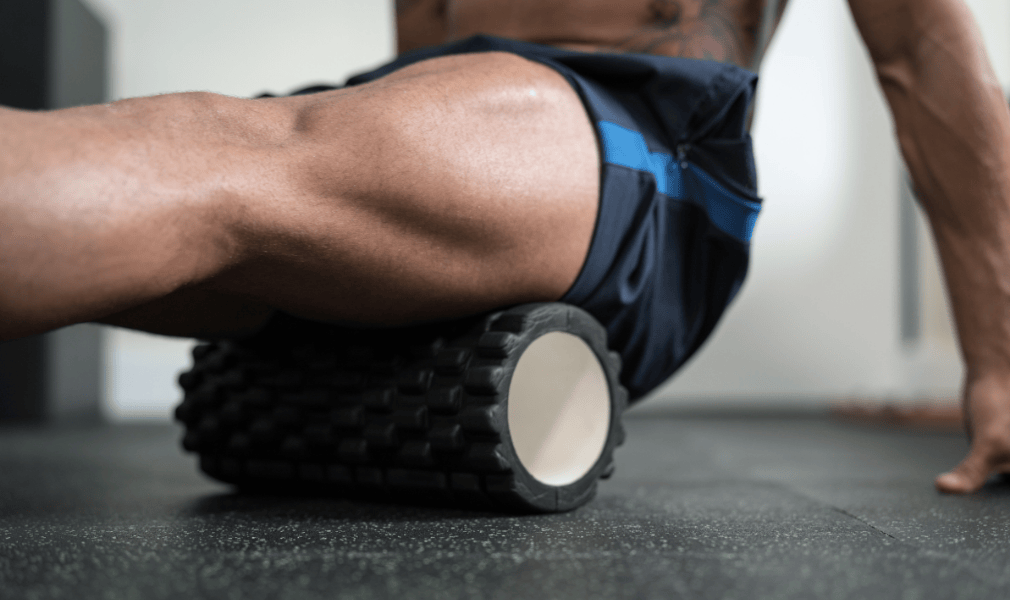01.05.2025
Sports can be an integral part of a healthy and active lifestyle, but they come with an inherent risk of injury. Whether you’re a weekend jogger, a dedicated amateur athlete, or a professional, injuries can happen. From sprained ankles to torn ligaments, these injuries can disrupt not only your fitness routine but also your daily life.
This is where physiotherapy for sports injuries plays a crucial role. At LycaHealth, with clinics in Canary Wharf and Orpington, our team of expert physiotherapists specialises in getting athletes back on their feet—stronger, faster, and ready to perform at their best again.
In this article, we explore the pivotal role of physiotherapy in sports injury recovery, delve into specific techniques and benefits, and explain why tailored treatment plans are essential for a full recovery.
Sports injuries are any injuries sustained during physical activity, often due to overuse, improper technique, or sudden impact. They can range from mild strains and sprains to severe ligament tears and fractures. Common sports injuries include:
While some injuries can be resolved with rest and basic first aid, others require professional intervention to ensure proper healing and prevent long-term complications.

Physiotherapy is central to managing and recovering from sports injuries. If you’re looking for comprehensive sports physiotherapy, LycaHealth offers personalised treatment plans tailored to your needs. From accurate diagnosis to advanced rehabilitation techniques, we ensure every step of your recovery is effective and efficient.
Physiotherapy begins with a thorough assessment to diagnose the injury accurately. This often involves:
At LycaHealth, our physiotherapists collaborate with orthopaedic consultants and sports medicine specialists to ensure a precise diagnosis, creating the foundation for an effective treatment plan.
No two injuries—or athletes—are the same. A sprinter with a hamstring strain requires a different rehabilitation approach compared to a tennis player with rotator cuff tendinitis. Physiotherapy at LycaHealth is personalised to:
Pain is often the most immediate concern for anyone with a sports injury. Physiotherapy employs various techniques to alleviate pain, including:
Sports injuries can lead to reduced joint mobility, muscle weakness, and imbalances. Physiotherapy focuses on:
Rehabilitation doesn’t stop when the pain subsides. Physiotherapists educate patients on proper techniques, warm-up routines, and strengthening exercises to prevent future injuries.
Physiotherapy incorporates a variety of techniques to facilitate recovery. Here are some of the most effective methods used by professionals at LycaHealth:
Hands-on techniques, such as massage, manipulation, and mobilisation, are used to reduce pain, improve circulation, and restore movement.
Rehabilitation exercises are tailored to the patient’s injury and recovery stage. These may include:

Physiotherapists use taping or recommend braces to support injured areas, reduce swelling, and prevent further damage.
Exercising in water reduces joint stress while allowing patients to improve strength and mobility in a controlled environment.
Physiotherapy isn’t just about speeding up recovery—it’s about recovering the right way. Here are the key benefits:
Targeted therapies reduce inflammation, improve circulation, and promote tissue repair, helping athletes recover faster than with rest alone.
Without proper rehabilitation, injuries can lead to long-term problems, such as recurring pain or joint instability. Physiotherapy addresses these risks early.
By correcting muscle imbalances, improving joint alignment, and enhancing flexibility, physiotherapy can actually make athletes more resilient and improve performance.
In some cases, physiotherapy can eliminate the need for surgical intervention by promoting natural healing and strengthening injured areas.
Physiotherapists take a whole-body approach, ensuring not just the injury site but the entire kinetic chain is optimised for recovery and performance.
At LycaHealth, our physiotherapy team specialises in treating a wide range of sports injuries, including:
Recovery timelines depend on the severity of the injury and the individual’s commitment to rehabilitation. For example:
Your physiotherapist will provide a realistic timeline and set milestones to track your progress.
Physiotherapy isn’t just reactive—it’s proactive. Prevention is a critical aspect of sports physiotherapy, helping athletes avoid injuries in the first place.
At LycaHealth, we specialise in providing high-quality care for athletes. For those seeking sports physiotherapy in London and Orpington, we offer:
You should consider seeing a physiotherapist if:
Early intervention is key to minimising recovery time and preventing further damage.
Recovering from a sports injury is about more than just healing—it’s about rebuilding strength, preventing future problems, and getting back to doing what you love. At LycaHealth, we provide tailored sports physiotherapy in London and Orpington, helping you recover the right way with personalised care and expert support.
If you’ve suffered a sports injury or want to prevent one, our experienced team is here to help. Book your physiotherapy appointment today and take the first step towards a full recovery.

Stay up to date
To request information on any of our other services, please call or complete the enquiry form below: